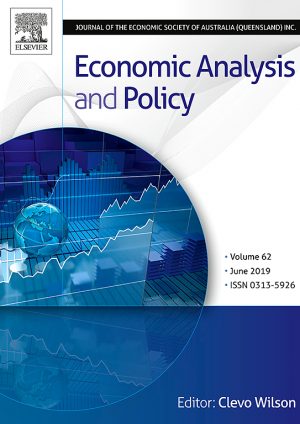Governance, democracy and development
While it is obvious that the level of democracy will affect the quality of governance, we show that an electoral democracy should not be expected to have an improved level of governance when compared with an outright authoritarian regime. We use the term ‘electoral democracy’ to refer to where relatively free and fair elections are held (where opposition parties stand some chance of winning government) but the institutions of a liberal society (like freedom of the press) are not in place. Given this, we consider what level of democracy is necessary before we can expect it to have a positive effect upon governance. We employ a Principal Component Analysis (PCA) to construct a new governance indicator. Using the data from over one hundred countries and advanced panel data analysis for the period 1996–2012, our results confirm that political freedom and civil rights influence the level of governance, but this effect is found to be nonlinear. Governance is typically higher in dictatorships than in countries that are partially democratised (electoral democracies). However, once past a threshold, democratic practices assist good governance. Furthermore, it is found that democracy substantially strengthens levels of governance only within the top-half of the conditional distribution.




